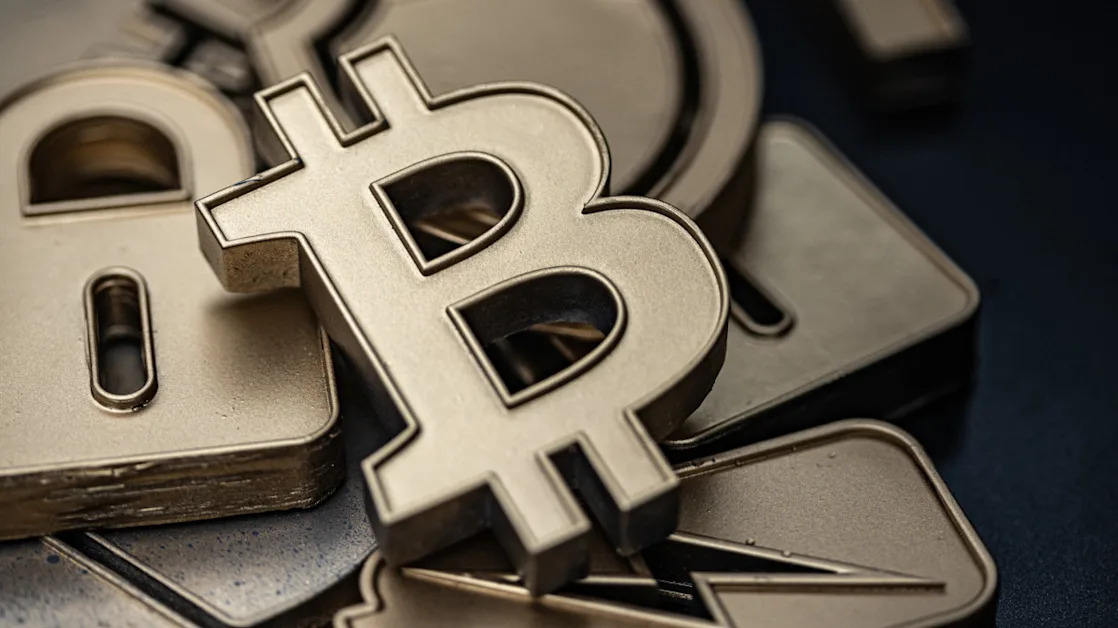As bitcoin continues to gain global recognition, the idea of governments holding a strategic reserve of the cryptocurrency is sparking intense debate.
Roundtable anchor, Ron Nelson, dives into this concept with Sam Price, host of Crypto Lifer, and Nick Hansen, CEO of Luxor. The discussion centers on whether the U.S. government's potential move to hold 5% of all bitcoin is a smart strategy or a cause for concern.
Nelson kicked off the conversation by highlighting the proposed Bitcoin Act from Senator Lummis , which aligns with the idea of a strategic bitcoin reserve. He pointed out that figures like Trump and RFK Jr. have also supported this notion. Nelson questioned whether it's wise to let a government hold such a significant portion of bitcoin, considering the potential impact on its price.
Sam Price responded by acknowledging the duality of the situation. He argued that while it might seem concerning to give the government such power, it could also be a necessary step in the evolution of how governments interact with blockchain technology. Price emphasized the importance of transparency, suggesting that if the government were to hold bitcoin, the process should be fully visible to the public.
Nick Hansen echoed the call for transparency but remained skeptical of the government's intentions. He pointed out that bitcoin, by its very nature, is not a government-controlled asset but rather a form of "freedom money." Hansen argued that while the government's involvement could be seen as a testament to bitcoin's power, it also underscores the need for vigilance in preserving the cryptocurrency's decentralized nature.
Nelson concluded by reflecting on the rapid evolution of bitcoin, noting how it has transformed from an underground experiment into a potential strategic asset for world powers. He expressed both admiration and caution, recognizing the potential benefits for the U.S. while also acknowledging the risks of government control over such a critical asset.





